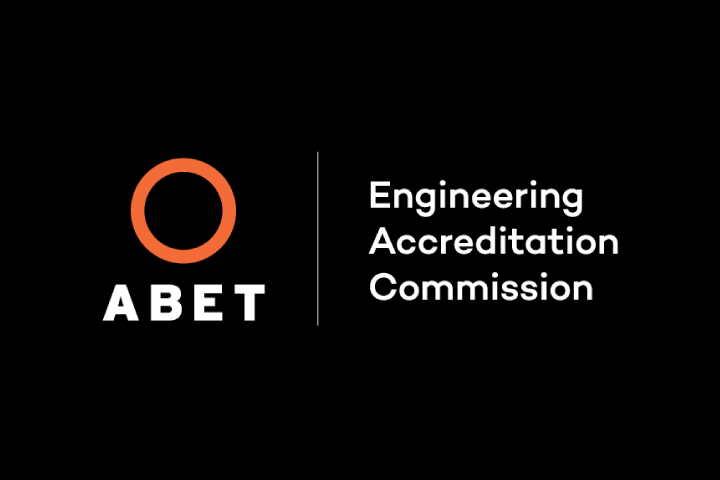
ABET Accreditation
The program leading to the Bachelor of Science degree in Civil Engineering is accredited by the Engineering Accreditation Commission of ABET, https://www.abet.org, under the commission’s General Criteria and Program Criteria for Civil and Similarly Named Engineering Programs.
The Office of Institutional Effectiveness (IE) provides high-quality data, analytical tools, strategic analysis, and partnership-based education and collaboration to foster a University culture of data-informed decision-making. Student enrollment and graduation demographics data are available on the Cal State LA Institutional Effectiveness website. To view the information, please select Engr, CS, & Technology under "College" and Civil Engineering under "Department."
PROGRAM EDUCATIONAL OBJECTIVES
Program Educational Educational Objectives for BSCE
After 3 to 5 years, graduates of the B.S. in Civil Engineering program are valuable and responsible practicing professional engineers.
Program Educational Educational Objectives for MSCE
The goals and objectives of the graduate program in Civil Engineering are to prepare graduate students for careers in professional practice and research and for further study toward doctoral degrees in civil engineering.
STUDENT OUTCOMES
The Department of Civil Engineering has adopted the ABET Outcomes as its Program Outcomes. These are what our graduates acquire upon completing the Cal State LA Civil Engineering Bachelor of Science and Master of Science Programs.
- an ability to identify, formulate, and solve complex engineering problems by applying principles of engineering, science, and mathematics
- an ability to apply engineering design to produce solutions that meet specified needs with consideration of public health, safety, and welfare, as well as global, cultural, social, environmental, and economic factors
- an ability to communicate effectively with a range of audiences
- an ability to recognize ethical and professional responsibilities in engineering situations and make informed judgments, which must consider the impact of engineering solutions in global, economic, environmental, and societal contexts
- an ability to function effectively on a team whose members together provide leadership, create a collaborative and inclusive environment, establish goals, plan tasks, and meet objectives
- an ability to develop and conduct appropriate experimentation, analyze and interpret data, and use engineering judgment to draw conclusions
- an ability to acquire and apply new knowledge as needed, using appropriate learning strategies.
Student Learning Outcomes for MSCE
- an ability to solve and evaluate complex engineering problems using appropriate techniques and tools
- an ability to evaluate the validity of newly created knowledge or technologies in a traditional or emerging advanced specialized technical area appropriate to civil engineering
- an understanding of professional and ethical responsibility
- an ability to function on multidisciplinary teams
- an ability to communicate effectively
- a desire to become a registered professional civil engineer
- an appreciation of the role of professional engineering societies in the practice of civil engineering
Department of Civil Engineering
Lara Asatryan, CE Department Coordinator
Cal State LA - 5151 State University Dr., Los Angeles, CA 90032
Building E&T, Room A-212 | Hours of Operation: Monday - Friday, 09:00 am - 05:00 pm.
Please contact Lara Asatryan, CE Department Coordinator, for assistance
at [email protected] | (323) 343-4450